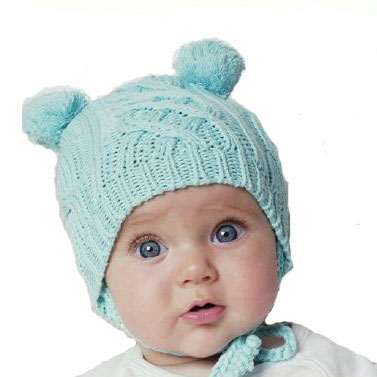I decided to do a little article about portuguese names, for those of you who don't know, I'm half portuguese and I'm currently living in Portugal with some of my family. Now I've been to Portugal many times, but it's interesting to be back and stay here for a while, and also with my newish found love of baby names. I started to pay attention to portuguese names, and how they differ to american names in general.
In Portugal, when you name your baby, it's taken seriously. This means, no wacky names, certainly no trendy stuff for you to find (trendy names here are usually just normal names that are picking up a lot of popularity). Also, surnames remain surnames, and there are no unisex names - the rare exceptions are nicknames. However, you can give your son a female name if its used in the middle spot, and vice-versa for girls. For example, I know a boy named Afonso Lara (Lara, after his mother), and a girl named Marta Diogo. Usually you'll find many boys with the middle name Maria, and some girls with the middle name João (the equivalent of John). There are a lot of names with male and female spellings, so you'll have Ivo for boys, Iva for girls, Joaquim for boys, Joaquina for girls, André for boys, Andreia for girls, therefore there isn't a big demand to "steal" names. As a general rule "-o" and "-im" endings are masculine, and "-a" endings are feminine. There are some masculine names ending in "-a", but not too many, and they're mostly of foreign origin. There are even less female names ending in "-o". "E" endings are used widely by both genders, and while there are more male names ending in consonants than female, no particular consonant is more masculine than feminine, besides the already mentioned "-im" ending.


